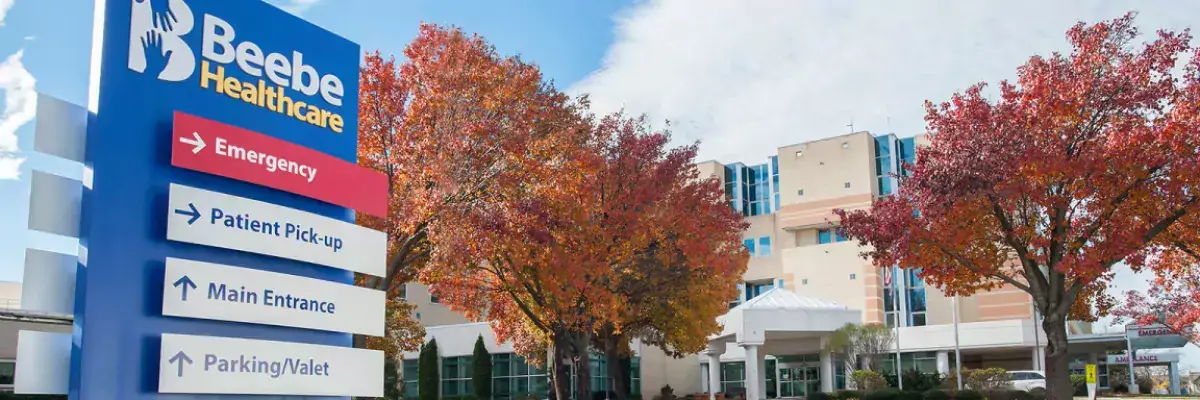What Weight Loss Option is Correct for You?

By Dr. Christoper Manieri
Obesity is everywhere in America. In my seminars, I call it “the original pandemic” because now almost 1 in every 2 Americans are obese. Now more than ever, there are many options for medically supervised weight loss. We all know that losing weight is difficult and to maintain that weight loss is even harder.
Obesity is a disease of decades and the longer you have it, the higher the chance of forming related medical conditions. High blood pressure, diabetes, sleep apnea and even certain cancers can all be contributed to having excess weight.
How do you know whether medical or surgical weight loss is the right option for you?
The first step is to have a doctor review your complete history that focuses on your overall health and weight. Obesity is a complex disease with many individual factors. Your treatment plan should be designed specifically to the severity of your disease. Medical weight loss is considered a conservative approach. There are issues with insurance coverage for a majority of patients as the long-term success rate is poor. Only 8% of patients can maintain a weight loss of 20 pounds over a 5-year period. However, using weight loss medications to assist you with a lifestyle change is a good option for those with less weight to lose or for patients with minimal to no obesity-related medication conditions.
How do you know if surgery is the better option?
The first thing to check is your BMI, which stands for body mass index. This is simply a calculation of your height and weight, with a normal BMI being 18-25. We have found that once your BMI is greater than 35, we see a higher incidence of obesity-related conditions as well as hormonal changes that prevent you from losing a significant amount of weight. Surgery is considered the most effective therapy for obesity and can help improve or completely resolve your obesity-related conditions. It also has a higher long-term success rate of 88% of maintaining your weight loss goals.
Beebe specializes in advanced medical weight loss procedures, such as gastric bypass and sleeve gastrectomy (gastric sleeve). Most patients can go home the next day with minimal pain. If you are struggling with making the lifestyle changes necessary to succeed at losing weight, bariatric surgery may be an option for you.
Beebe Healthcare’s Center for Weight Loss Surgery in Georgetown offers a comprehensive approach to weight loss through our advanced bariatric surgery program to help individuals lose weight and keep it off.
Whether you choose to use medications or undergo surgery, the goal is to find the best tool to assist you with your lifestyle change. There are many things to consider prior to both options, and it will be a journey to battle a tough disease. Make sure you pick a health provider team that shares your goals as well as one you enjoy working with along the way!
Want to learn more?
Fill out an interest form or call 302-260-7360. Webinars and in-person seminars are free to attend. Dr. Manieri also offers 1-on-1 consultations in the office, which are billed to insurance.
About Christopher Manieri DO, DABOM: Dr. Manieri is a graduate of the Philadelphia College of Osteopathic Medicine. His post-graduate clinical training began at ChristianaCare Health System in Newark, Delaware, where he pursued a clinical rotation internship, before later completing a general surgical residency. Dr. Manieri’s clinical training concluded with a bariatric and minimally invasive surgical fellowship at Inova Fair Oaks Hospital in Fairfax, Virginia. He is a member of the American College of Surgeons, the American Society for Metabolic and Bariatric Surgery, and the Society of American Gastrointestinal and Endoscopic Surgeons.
Dr. Manieri practices at the Beebe Center for Weight Loss Surgery, located in Georgetown. Patients who opt to pursue bariatric surgery undergo an extensive planning and preparation process, often taking place over a period of several months. Following surgery, bariatric patients continue seeing their surgeon on a regular basis for approximately one year, and sometimes even longer. Dr. Manieri values the opportunity to build meaningful relationships and bond with his patients, as these processes take place.



